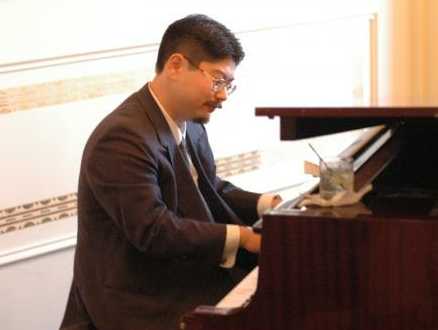While I was at
that Wilderness First Aid course, I took an evening to check out North Conway.
First of all, I stayed at a hostel--not a hotel--on this trip. I thought that I might be getting old for hostels, but there were guests both older and younger than me there. Also, I have always been offended at the concept of paying $100+/night for a place to sleep, while I'd actually prefer to crash on a friend's couch, in exchange for buying them dinner or say, a
Tsukemono Japanese Pickle Press. Hotel rooms are far more than what I require--a private room, and a private bath. So I ended up in a six-man shared bunk room, for $24... worked out just fine.
I drove in to North Conway in the early evening; the first part of town that you come through is parking lot chain store hell--Staples, Home Depot, Macaroni Grill, repeat. I was afraid that this was the entire town--it looks like they dropped Burlington, MA at the foot of the beautiful White Mountains... a bit depressing. Stuff that made me think of that line from
The Matrix:
"You move to an area and you multiply and multiply until every natural resource is consumed and the only way you can survive is to spread to another area. There is another organism on this planet that follows the same pattern. Do you know what it is? A virus. Human beings are a disease, a cancer of this planet."

However, I quickly rolled into downtown, which is the original, historical part of North Conway. You might dismiss it as being a little bit too "cutesy quaint" or something, or perhaps designed to painlessly separate yuppie tourists from their money. But not a bad place to hang out, overall. I managed to just buy postcards, dinner, and dessert.

Anyway....
I like town haz snowcatz!
It's a retired one, put out on display in front of the museum for the
Mount Washington Observatory (weather station). Technically, it's a
Thiokol Spryte, but "snowcat" is a good enough generic term, I think.
In my wandering around town, I found a huge house that they were in the process of moving to another site. I geeked out for about half an hour, taking pictures of the details and equipment. For instance, it seems like the house was too big to move in one piece--so they chainsawed off the rear wing/addition, to move separately. They were in the process of demolishing the original foundation, it seems.

I probably hang out with too many
Economist readers, but when I hear "Bretton Woods," I think of a
system of monetary management, as opposed to a zip line park--thus my bemusement when I saw this brochure.

After dinner, I ended up at
Met Coffee House--a small independent place with great desserts in a former bank building. A coffeehouse, tiramisu, and postcards... a perfect way to wrap up an evening.

I'll have to keep the White Mountains in mind for future camping and hiking--getting up there is only about 2 hours from Bird & Jen's. For reference, for future trips--there is a
scenic railway that leaves from North Conway, and heads up to the White Mountains.

Need to try that out sometime.


















